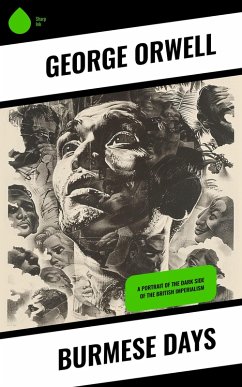In "Burmese Days," George Orwell vividly captures the complexities of British colonial rule in Burma during the 1920s. This debut novel, steeped in rich, descriptive prose, combines a biting social critique with a nuanced exploration of personal ethics and imperial hypocrisy. Orwell deftly portrays the crumbling ideals of the British Empire through his characters, particularly Flory, whose internal conflicts highlight the themes of racism, alienation, and moral ambiguity. The novel is set against a backdrop of exotic landscapes and the oppressive heat of the Burmese climate, which serve as metaphors for the psychological turmoil faced by those entrenched in colonialism. George Orwell, born Eric Arthur Blair, was profoundly influenced by his experiences in colonial India and Burma, where he served as a police officer. This firsthand exposure to imperialistic practices and societal divisions became the crucible for his literary voice. Orwell's disdain for totalitarianism and unwavering commitment to social justice are evident in his works, positioning him as a pivotal figure in 20th-century literature. The political backdrop and his personal convictions meld seamlessly in "Burmese Days," providing a reflective lens on human nature and sovereignty. Readers seeking a powerful commentary on the implications of colonialism will find "Burmese Days" indispensable. Orwell's skillful storytelling and sharp insights make it a compelling read that resonates with both historical context and contemporary discussions about power, identity, and morality. This novel remains a significant touchstone for understanding the persistent legacies of imperialism, inviting readers to engage critically with both the past and present.
Dieser Download kann aus rechtlichen Gründen nur mit Rechnungsadresse in A, B, BG, CY, CZ, D, DK, EW, E, FIN, F, GR, HR, H, IRL, I, LT, L, LR, M, NL, PL, P, R, S, SLO, SK ausgeliefert werden.









